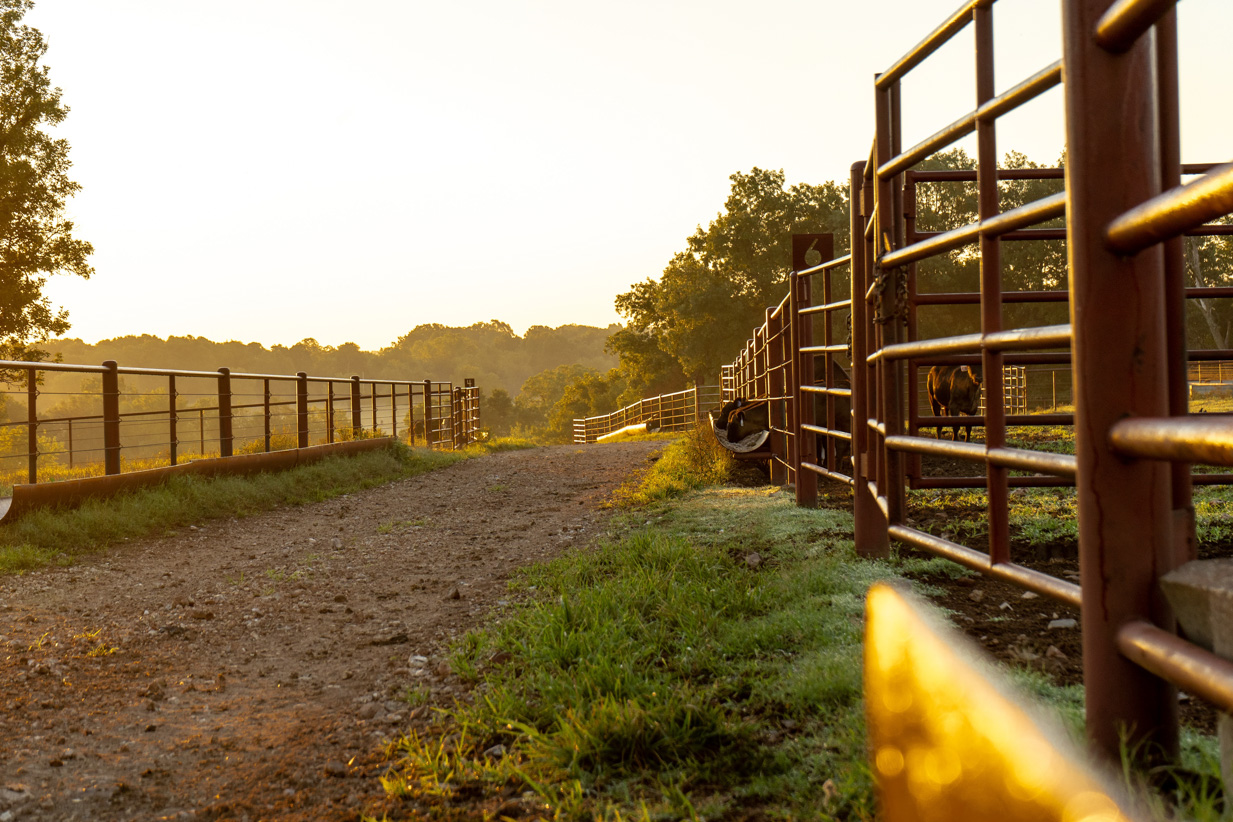

 ©Clay Eldridge
©Clay Eldridge
Chapter 12:12-19 (ESV) - The next day the large crowd that had come to the feast heard that Jesus was coming to Jerusalem. So they took branches of palm trees and went out to meet him, crying out, “Hosanna! Blessed is he who comes in the name of the Lord, even the King of Israel!” And Jesus found a young donkey and sat on it, just as it is written,
“Fear not, daughter of Zion;
behold, your king is coming,
sitting on a donkey's colt!”
His disciples did not understand these things at first, but when Jesus was glorified, then they remembered that these things had been written about him and had been done to him. The crowd that had been with him when he called Lazarus out of the tomb and raised him from the dead continued to bear witness. The reason why the crowd went to meet him was that they heard he had done this sign. So the Pharisees said to one another, “You see that you are gaining nothing. Look, the world has gone after him.”
Question to consider: What is the significance of Jesus riding into Jerusalem on a donkey?
At the appointed time, Jesus entered Jerusalem as Messiah. It wasn’t a political declaration as His brothers suggested He do, for a politician stages the fanfare and comes in with banners and slogans. It wasn’t as a conquering king as the crowds in the wilderness wanted Him to do, for a conquering king comes in on a war horse with his armies. It wasn’t as a prophet who would call fire down from heaven and destroy the pagan nations like the Pharisees wanted Him to do.
He came to bring peace to all nations as the Passover lamb who would take away the sins of the world. John recognized that in coming in on a donkey, Jesus fulfilled what was said about Him in Zechariah. By quoting the one verse, John was not just trying to find passages that talked about their king riding into Jerusalem on a donkey. He wanted the reader to understand that the entire passage was being fulfilled at this time. “Rejoice greatly, O daughter of Zion! Shout aloud, O daughter of Jerusalem! Behold, your king is coming to you; righteous and having salvation is he, humble and mounted on a donkey, on a colt, the foal of a donkey. I will cut off the chariot from Ephraim and the war horse from Jerusalem; and the battle bow shall be cut off, and he shall speak peace to the nations; his rule shall be from sea to sea, and from the River to the ends of the earth. As for you also, because of the blood of my covenant with you, I will set your prisoners free from the waterless pit. Return to your stronghold, O prisoners of hope; today I declare that I will restore to you double.” (Zechariah 9:9-12)
If you haven’t already, I’d advise you to read through my study on that passage to get a fuller understanding of it. The people were expecting a king that ruled from sea to sea by the sword, but Zechariah declared that His rule would be by a word of peace.
The people who were hailing the Son of David with palm branches were expecting their king to cut His covenant by shedding the blood of the nations. However, the blood of the covenant Zechariah described was about to be shed on a cross on Calvary, not through the chariot or battle bow. The disciples did not understand this until Jesus had been glorified— died, rose, and ascended to His throne.
The crowds were there because of the witness of those who saw the resurrection of Lazarus. Though they were motivated by miraculous signs, the vast number of people who showed up to support Jesus made the Pharisees realize that they had no hope of destroying Him without making sure He lost favor with the crowds.
Dear heavenly Father, thank You for defining this moment hundreds of years before it occurred and for showing Your apostles its fulfillment on Calvary. Help us to receive this word of peace from our king who conquered sin and death and be witnesses of it like the crowd who saw Lazarus raised. Amen.